Navigating the Road to Recovery: A Comprehensive Guide to Sports Injury Rehabilitation

Sports injuries are an unfortunate reality for many athletes, both amateur and professional. Whether it’s a sprained ankle, a torn ligament, or a stress fracture, the path to recovery can be challenging but also transformative. In this comprehensive guide, we’ll explore the essential aspects of recovering from a sports injury, providing you with the knowledge and insights needed to navigate the road to a successful rehabilitation.
Understanding the Initial Impact
The first step in any recovery journey is understanding the nature and extent of the injury. Whether it’s a sudden trauma or a result of overuse, seeking prompt and accurate diagnosis is crucial. At Peak Endurance Physical Therapy in Madison, WI, we recognize the importance of a thorough assessment to create a personalized rehabilitation plan tailored to your specific injury.
Key Steps in Recovering from a Sports Injury:
1. Immediate Care:
- In the acute phase, the R.I.C.E. method (Rest, Ice, Compression, Elevation) can help manage swelling and pain.
2. Professional Diagnosis:
- Consult with a sports medicine professional or physical therapist for a precise diagnosis and personalized treatment plan.
3. Rest and Gradual Return:
- Allow adequate time for rest, and follow a gradual return-to-activity plan to prevent re-injury.
4. Physical Therapy:
- Incorporate physical therapy into your recovery plan to address muscle imbalances, enhance strength, and improve flexibility.
5. Nutrition and Hydration:
- Ensure a well-balanced diet to support the healing process, including sufficient protein, vitamins, and minerals.
6. Mental Health Support:
- Acknowledge the emotional impact of injury and seek support from mental health professionals if needed.
The Role of Physical Therapy in Sports Injury Recovery:

Physical therapy plays a pivotal role in the rehabilitation process. Whether you’re recovering from a sprain, strain, or a more complex injury like a torn ACL, the goal of physical therapy is multifaceted.
1. Comprehensive Assessment:
- A thorough evaluation by a physical therapist helps identify the root causes of the injury and tailor the rehabilitation plan accordingly.
2. Targeted Exercises:
- Specific exercises address muscle imbalances, improve strength, and enhance flexibility, promoting a balanced recovery.
3. Functional Rehabilitation:
- Emphasis on functional movements ensures that the rehabilitation plan aligns with the demands of your specific sport or activity.
4. Pain Management:
- Techniques and modalities are employed to manage pain and inflammation, facilitating a more comfortable recovery process.
5. Gradual Progression:
- Physical therapists guide you through a gradual progression of exercises and activities, minimizing the risk of re-injury.
6. Education and Prevention:
- Empowering you with knowledge about injury prevention strategies helps reduce the likelihood of future injuries.
Challenges and Mental Health Considerations:
Recovering from a sports injury is not only a physical but also a mental challenge. The frustration, impatience, and fear of re-injury can take a toll on an athlete’s mental well-being. It’s essential to recognize and address these challenges.
1. Patience and Persistence:
- Understand that recovery takes time, and progress may be gradual. Patience and persistence are key.
2. Mental Health Support:
- Seek the guidance of mental health professionals or support groups to navigate the emotional aspects of injury recovery.
3. Goal Setting:
- Set realistic short-term and long-term goals to maintain motivation and celebrate small victories along the way.
4. Focus on Overall Wellness:
- Embrace activities that contribute to overall well-being, such as mindfulness, proper sleep, and stress management.
Nutrition for Recovery:
Nutrition plays a crucial role in the healing process. A well-balanced diet supports tissue repair, reduces inflammation, and provides the energy needed for recovery.
1. Protein Intake:
- Ensure an adequate intake of protein to support muscle repair and regeneration.
2. Anti-Inflammatory Foods:
- Incorporate foods rich in antioxidants and omega-3 fatty acids to help reduce inflammation.
3. Hydration:
- Maintain proper hydration levels to support overall health and aid in the elimination of waste products from the body.
Returning to Activity:

As you progress in your recovery, the prospect of returning to your sport or activity becomes a significant milestone. It’s crucial to approach this phase with caution and follow a structured plan to prevent setbacks.
1. Consultation with Healthcare Professionals:
- Obtain clearance from your healthcare team, including your physical therapist and sports medicine professional.
2. Gradual Return:
- Follow a gradual return-to-play plan that considers your fitness level, strength, and overall readiness.
3. Communication with Coaches:
- Maintain open communication with coaches to ensure a smooth transition back to full activity.
4. Monitoring and Adjustments:
- Regular monitoring of your progress allows for adjustments to the rehabilitation plan as needed.
Conclusion: Your Journey to Resilience
Recovering from a sports injury is not just about returning to the field; it’s about emerging stronger, more resilient, and equipped with the knowledge to prevent future injuries. At Peak Endurance Physical Therapy in Madison, WI, our team is dedicated to guiding you through every step of your recovery journey. From comprehensive assessments to personalized rehabilitation plans, we’re here to support your return to optimal performance.
Embark on your journey to resilience with the right guidance, a commitment to your physical and mental well-being, and the expertise of Peak Endurance Physical Therapy. Your comeback story starts here.


